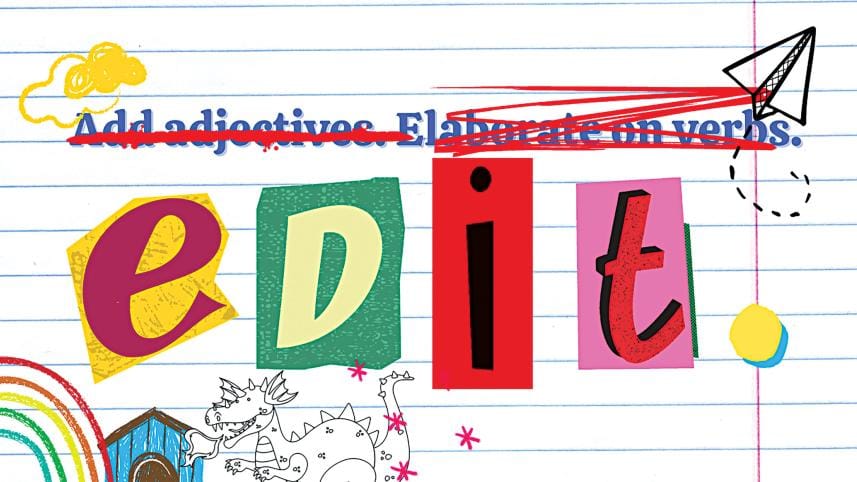In defense of brevity

Scenario 1:
You've got a fantastic project, and have found a potential investor for this. They've given you two minutes to deliver a killer pitch and convince them you're worth it.
Scenario 2:
A big-name international publisher has made an open call for submissions. You know they'll get thousands. Your cover letter has to be punchy enough to make them hit pause and pay attention to you.
Scenario 3:
The college you're applying to has asked for a personal statement in under 250 words…and you know where I'm going with this.
Over the past half a decade of facilitating Sehri Tales, the one question I keep getting about is why won't I budge on the 250-word limit, and this seems to be the hill I'll die on, so once more to the breach.
Don't get me wrong. I love me a well-worded, nuanced longform. To be able to immerse one's readers in one's words is an admirable gift. But building the muscles for writing concisely is an important, if not essential skill in this age of tight deadlines, shrinking print space, and diminishing attention spans.
There are many ways you can tighten your writing to make it effective. Here are a few tips I've learned as an editor over the past 20 years.
Think structure
Whether it's flash fiction or a college essay, think about the beginning, middle and end of the story. If you've got those signposts figured out, you're better able to get from point A to B without meandering like a lost Hobbit.
Stay focused
For pitches and editorials alike, you want to keep your main objective in mind. Crowding the piece with too many variables and points will only eat up space, time, and lose you the argument. Know what you're aiming for with the piece, and narrow in on that.
Choose your words wisely
Sometimes you can achieve the same effect with fewer words, if they're the right ones. I like using descriptive verbs instead of adjectives, like using the word 'scuttled' instead of 'ran hurriedly/ran like a cockroach', or 'squinted' instead of saying 'narrowed her eyes'. A well-paced verb or adjective can reduce the need for longer descriptions.
What can I take out?
One trick that has never failed me is that I always read aloud what I've just written. If the words are crowding my mouth, or if I'm running out of breath, I ask myself, 'what can I take out to make this go down easier?' Trust your ears–they'll tell you what is essential.
Sabrina Fatma Ahmad is a writer, journalist, and the founder of Sehri Tales.



 For all latest news, follow The Daily Star's Google News channel.
For all latest news, follow The Daily Star's Google News channel.
Comments